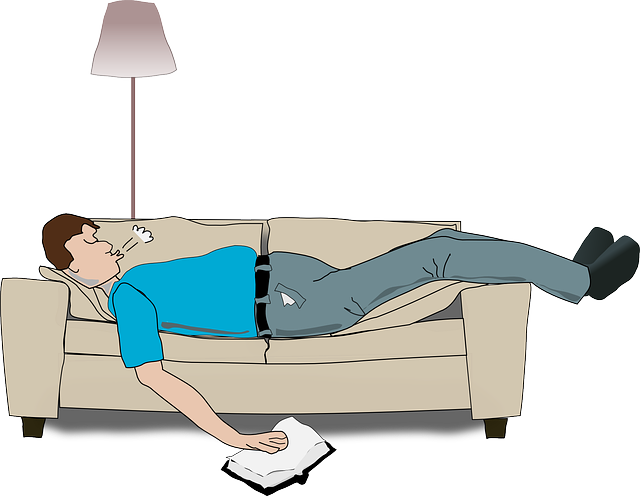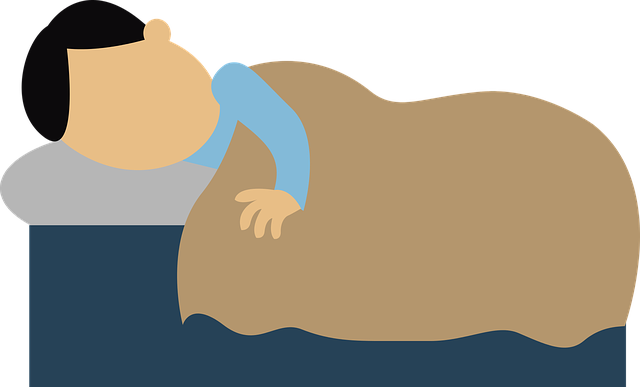How Much Sleep Do We Need?

Sleep is an essential part of our daily routine and plays a vital role in our overall health and well-being. Getting enough sleep helps to improve our physical and mental health, as well as our overall quality of life. However, the question of how much sleep we should get each night is a common one, and the answer can vary depending on a variety of factors.

According to the National Sleep Foundation, the recommended amount of sleep for adults is 7-9 hours per night. This recommendation is based on the average amount of sleep that most adults need to function at their best. However, the specific amount of sleep that an individual needs can vary based on their age, lifestyle, and overall health.

For example, younger adults (18-25 years old) generally need more sleep than older adults (65+ years old), as their bodies and minds are still developing. Children and teenagers also require more sleep than adults, with the recommended amount ranging from 9-11 hours for children and 8-10 hours for teenagers.

In addition to age, factors such as work schedule, physical activity level, and overall health can also affect the amount of sleep an individual needs. For example, people who engage in regular physical activity may need more sleep to allow their bodies to repair and recover from the physical strain. Similarly, people with certain medical conditions, such as sleep disorders or chronic pain, may need more or less sleep to manage their symptoms.

It's important to note that the recommended amount of sleep is just that - a recommendation. Some people may feel rested and alert with as little as 6 hours of sleep, while others may need closer to 10 hours to feel fully rested. The key is to pay attention to your own body and how it responds to different amounts of sleep. If you're consistently feeling tired or struggling to stay awake during the day, it may be a sign that you're not getting enough sleep.
There are a few simple strategies you can try to help improve your sleep habits and ensure that you're getting enough rest. These include:
Stick to a consistent sleep schedule: Try to go to bed and wake up at the same time every day, even on weekends. This can help to regulate your body's internal clock and make it easier to fall asleep at night.
Create a relaxing bedtime routine: Establishing a relaxing bedtime routine can help to signal to your body that it's time to wind down and prepare for sleep. This might include activities such as reading, taking a warm bath, or listening to calming music.
Avoid screens before bed: The blue light emitted by screens (such as smartphones, laptops, and TVs) can disrupt your body's production of the hormone melatonin, which is essential for sleep. Avoiding screens for at least an hour before bed can help to improve your sleep quality.
Make your bedroom a comfortable sleep environment: A cool, dark, and quiet bedroom can help to promote better sleep. Consider investing in a comfortable mattress and pillows, and using blackout curtains or a sleep mask to block out light.
Overall, getting enough sleep is essential for maintaining good health and well-being. While the recommended amount of sleep is generally 7-9 hours per night for adults, the specific amount of sleep that an individual needs can vary based on their age, lifestyle, and overall health. By paying attention to your own body and adopting healthy sleep habits, you can ensure that you're getting the rest you need to feel your best.